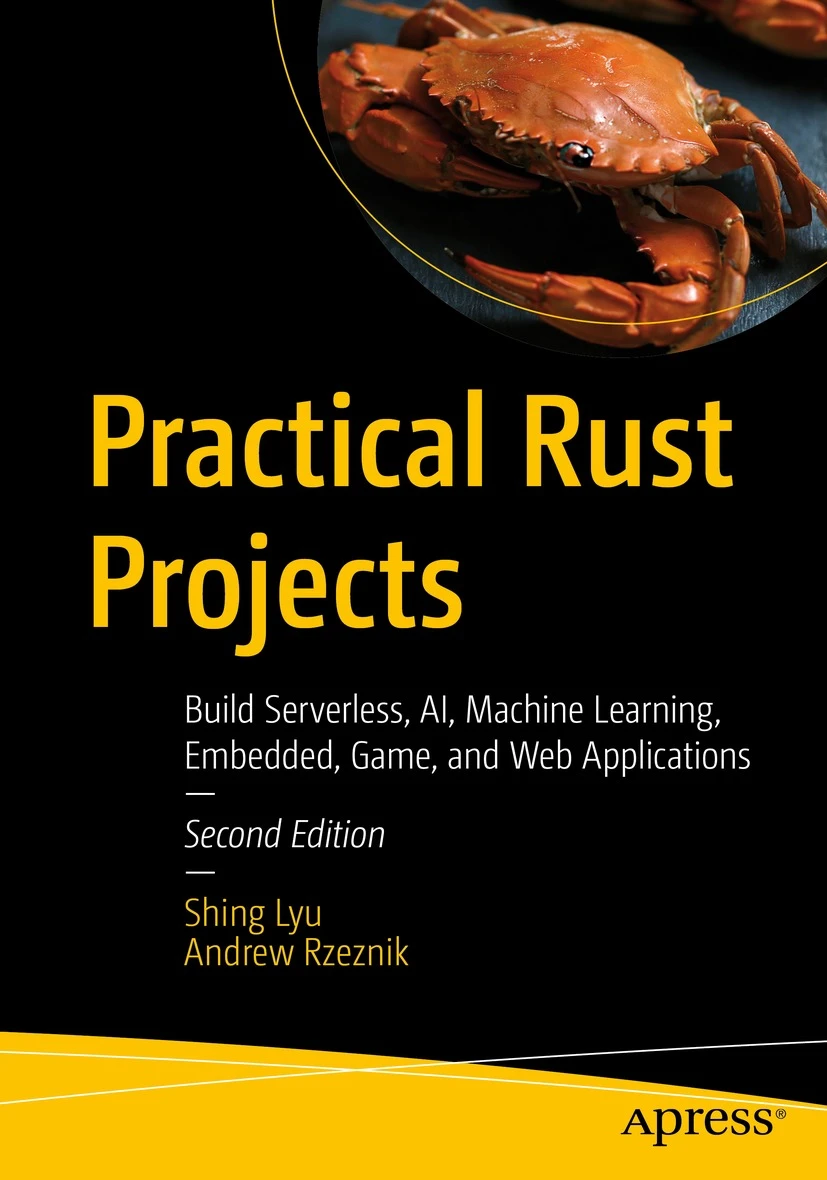2016 COSCUP, Modern Web and Taiwan Code Sprint
Disclaimer: This content reflects my personal opinions, not those of any organizations I am or have been affiliated with. Code samples are provided for illustration purposes only, use with caution and test thoroughly before deployment.
August was quite a busy month for me. I went to two conferences and one workshop to promote Servo and Rust. Here are what I’ve observed in those events.
COSCUP
COSCUP is one of the largest volunteer-organized conference on open source software in Taiwan. When I was a student I tried to attend all the sessions, wishing to learn from the talks. But in recent years I realize that it’s really not about the talks, but more about meeting people. Half of the talks are about introducing people to new tools or libraries. You can learn them by yourself more efficiently by reading tutorial articles online. The most rewarding part is actually socializing with people. Because most of the open source participants will attended this conference, you can easily meet a lot of new friends through mutual friends. So this year I spend most of my time at social events, for example the speaker dinner party, Mozilla BoF (bird of a feather), and chatting with my friend’s friends.
But I still listened to quite a few interesting sessions. This year’s talk (schedule) has a high percentage of Internet of Things talk. But they are still fundamental programming stuff like Linux kernel and LLVM. There are also a lot of presence of Mozilla-related topics: connected devices projects like Webby End SensorWeb, Bob Chao’s talk on Mozilla Community Space Project, and Gary Kwong talked about fuzzy testing in the Unconf. We also have a booth for Mozilla, in which we show off the Taiwan community. I also attended the BoF and had a nice chat with the community. My talk also went pretty well, I’ll talk more about them later.
Overall it was a nice event. I meant a lot of old and new friends, including two or three people approaching me saying that they want to contribute to Servo. The atmosphere is pretty relaxed, it feels more like an open source community reunion than a technical conference. One of the best idea I saw in the conference is the souvenir sticker collection book. This solves a huge problem we tech geeks have: having too many stickers but too little laptop surface area.
Modern Web
The second conference I attended is the Modern Web Conference hosted by iThome, a technical publisher in Taiwan. The conference is much more expensive (~$200 USD) so the logistics are better. Each room has a dedicated AV team which handles the projector, audio and video recording. A good arrangement is that after a talk, the speaker can move to a Q&A space outside the meeting room, so people can ask follow-up questions without blocking the next session. They also have a cool Dojo booth, you can get a 15 minute hands-On tutorial on topics like frontend testing and responsive CSS design, etc.
The hottest topics in the conference is React.js and React Native. A lot of companies are trying to merge their frontend and Android/iOS app team, to encourage code sharing and create a unified experience across platforms. To my surprise, most them are pretty satisfied with the solution, I believe that’s partially because for most of them, the app is not the most critical factor in their business. They just want to have some presence in every platform, so having one or two taking care of all the platform sound like a better investment then having dedicated engineer for each platform. There is even a thing called “React Native for Web”, we are porting web to native, now we are porting them back to web?! There is also a high interest in backend performance tuning. There are talks about NGINX performance tuning, container orchestration, and various tricks for speeding up your website from even the network protocol level. I also heard an interesting talk about the status of HTML emails. Although I know HTML email is hard to work with, I didn’t know the support is so different across mail clients.
The Servo Talks
I gave roughly the same talk in the above two conferences. The COSCUP audiences are more interested in the system library side of Servo, they asked about do we have Wayland support (yes, we do), and the status of our media support through ffmpeg. The Modern Web crowd are less interested in our internal implementation, but on how and when Servo will become a real product. They also asked a lot about the future of Servo together with Firefox, which I think might get clearer in the following months.
WebRender’s performance and its promise to allow web dev to write 60 fps animation without understanding the internal implementation resonates well with the audiences. There was a talk in Modern Web about how to get the best CSS animation performance, which is basically about which API for avoid, hopefully with WebRender we don’t need to worry about them anymore. They also wants to know the detail about out Web Platform Test effort. In general, people excited rather then worried (by the need to support yet another browser) about Servo. The doge sticker also helped me attracting the crowd! The Modern Web staff also helped me making the sticker into this cute button:

Taiwan Code Sprint
This is the third event I attended in one week, and also the most exhausting one. This is a new event hosted by a bunch of collage students, who wants to connect potential open source project contributors with mentors. I signed up as a Servo mentor and received roughly six applications. They rented two classrooms in the National Normal University in Taipei, and all mentors and students stay there for 2 days to hack on easy issues. There are people from Firefox, Ubuntu, LibreOffice, Linux Kernel, etc.
Thanks to the help from the Servo community around the world, especially jdm and KiChjang, we were able to get around 14 patches landed in just two days. The new contributors are very impressed by the friendliness of the contribution flow. What confuses them is some Rust-specific syntax like matching on Rust’s enum, or working with unwrap(). Some of the contributors who are not familiar with the GitHub workflow needs some help with rebasing, pushing new modifications and squashing, but in general they are able to work through the easy bugs pretty fast.
With six of the new contributors joining the Servo project, we now have about fifteen Servo contributors in Taiwan. Our Rust book study group also finished reading the basic part of the book, and we are moving on to build side projects in Rust. Hopefully we can create a strong Servo/Rust community here in Taiwan!
